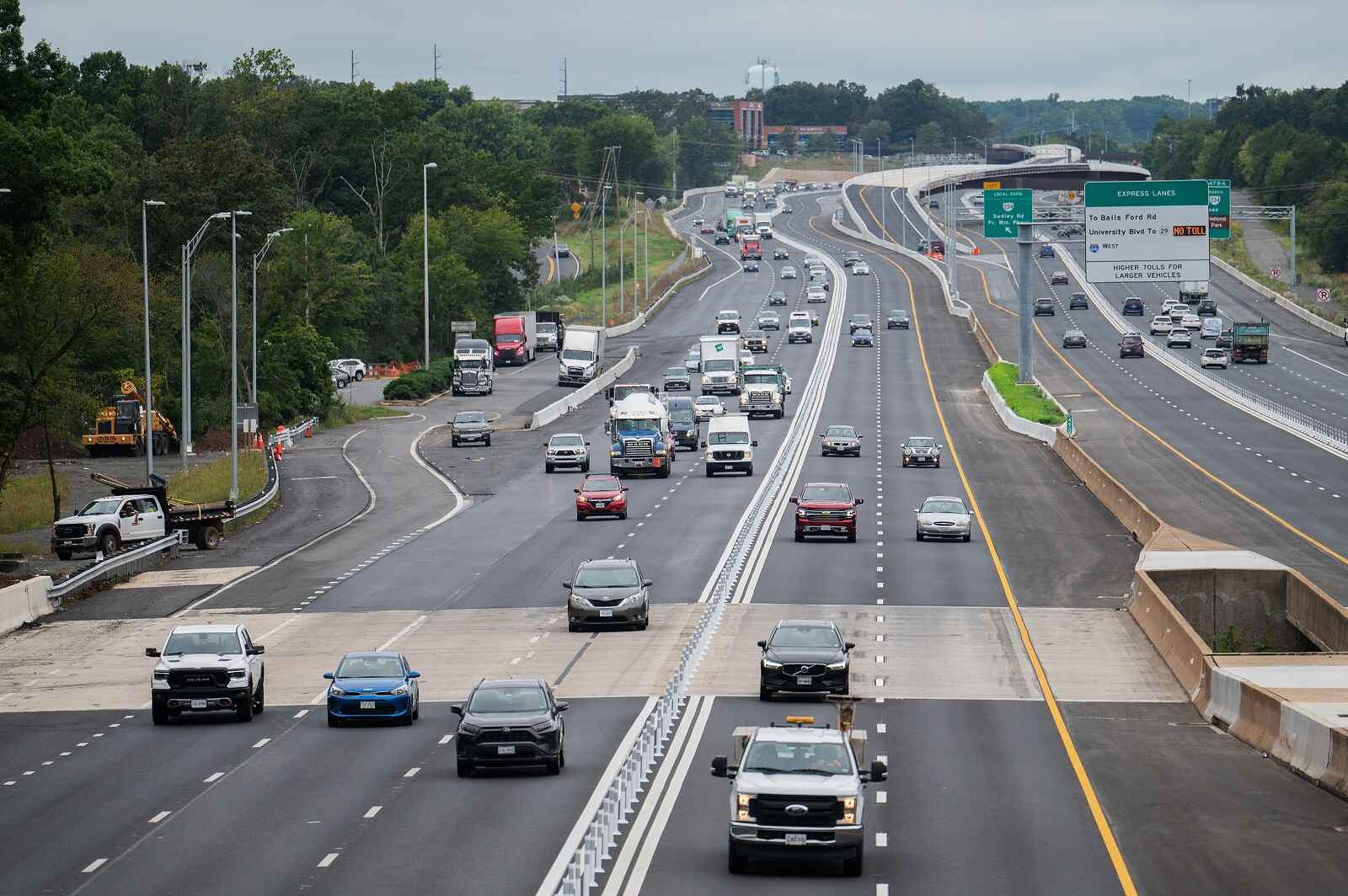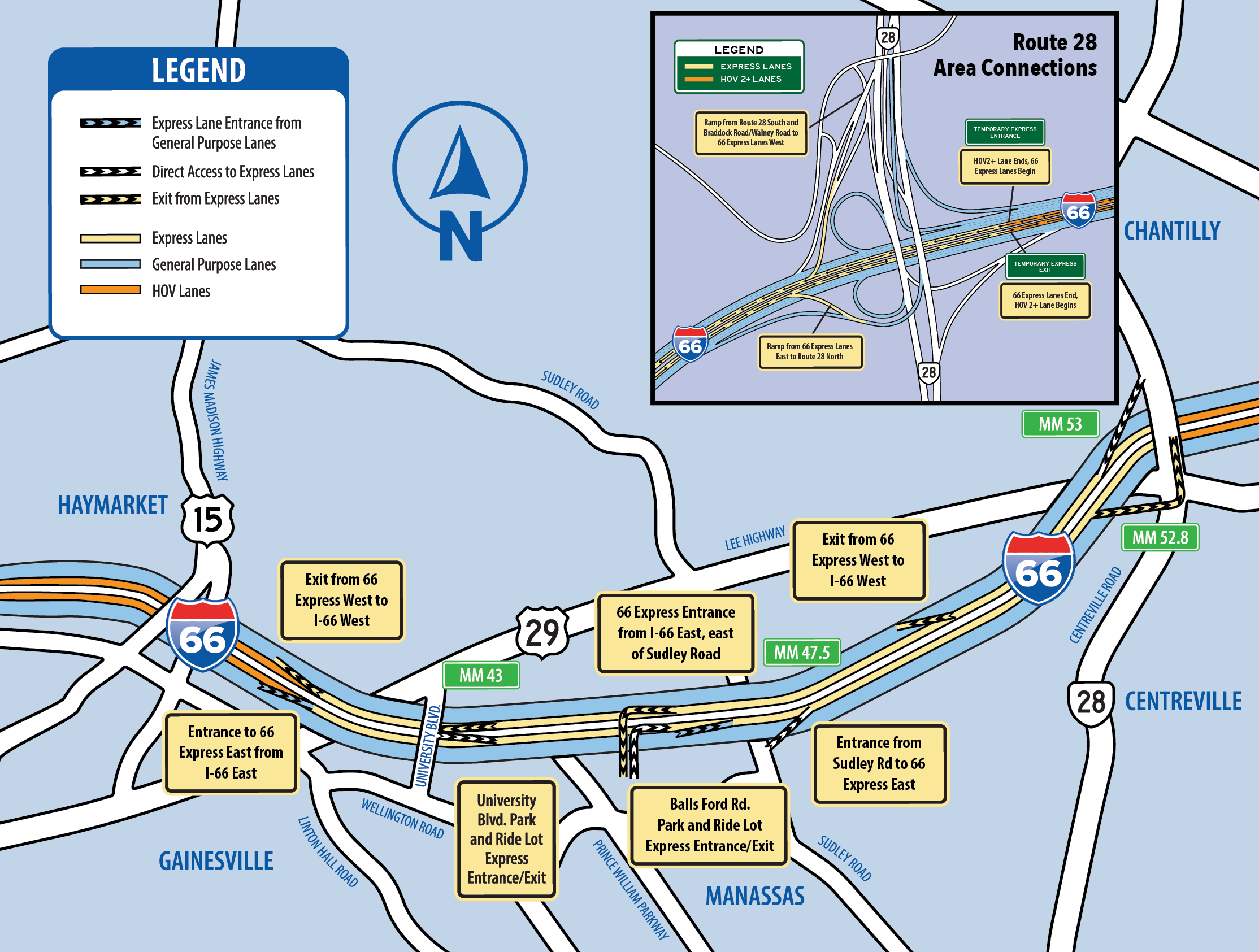RV enthusiasts traveling through Virginia need to understand the nuances of the Virginia toll road RV charge to avoid unexpected expenses and ensure a smooth journey. As recreational vehicles (RVs) become increasingly popular for road trips, understanding toll road fees is crucial for budgeting and planning. In this article, we will delve into everything you need to know about toll charges for RVs on Virginia's highways.
Driving an RV through Virginia's scenic roads offers breathtaking landscapes and unforgettable experiences. However, navigating toll roads can sometimes feel overwhelming, especially if you're unfamiliar with how the charges work. This guide will provide detailed insights into the toll road system in Virginia, focusing on RV-specific fees and regulations.
Whether you're a seasoned RV traveler or a first-timer, knowing the exact toll road RV charge is essential for a hassle-free trip. With the rise in RV travel, understanding these charges not only helps you manage costs but also ensures compliance with state regulations. Let's explore the ins and outs of toll road fees for RVs in Virginia.
Read also:Amazon Customer Service Phone Line
Table of Contents
- Overview of Virginia Toll Roads
- RV Toll Fees in Virginia
- Vehicle Classification and RV Types
- E-ZPass System for RVs
- Manual Payment Options
- Tips for Managing RV Toll Costs
- History of Toll Roads in Virginia
- Regulations and Compliance
- Frequently Asked Questions
- Conclusion
Overview of Virginia Toll Roads
Virginia boasts an extensive network of toll roads, bridges, and tunnels that facilitate efficient travel across the state. These toll roads are managed by the Virginia Department of Transportation (VDOT) and other regional authorities. Understanding the toll system is vital, particularly for RV travelers, as the charges vary depending on the vehicle type and axle configuration.
The primary purpose of toll roads in Virginia is to generate revenue for infrastructure maintenance and development. Key toll roads include the Dulles Toll Road, Hampton Roads Bridge-Tunnel, and the Chesapeake Expressway. Each of these roads has its own fee structure and payment methods.
Why Are Toll Roads Important?
Toll roads play a critical role in maintaining and improving transportation infrastructure. They ensure that the cost of road maintenance is shared among users, rather than being solely funded by taxpayers. For RV travelers, understanding the importance of toll roads can help foster a sense of responsibility and compliance with payment systems.
RV Toll Fees in Virginia
The Virginia toll road RV charge depends on several factors, including the size and classification of the RV, the number of axles, and the specific toll road being used. RVs are typically categorized as commercial vehicles, which means they are subject to higher toll rates compared to passenger cars.
Toll Fees by Vehicle Type
- Class A Motorhomes: Higher toll rates due to their size and weight.
- Travel Trailers: Charged based on the number of axles and overall length.
- Fifth-Wheel Trailers: Typically classified similarly to travel trailers.
- Campervans: Often treated as standard passenger vehicles unless modified extensively.
For instance, a Class A motorhome with three axles might incur a toll fee of $15 for a single trip on the Dulles Toll Road, while a two-axle travel trailer might be charged $10.
Read also:Why Is Ari Melber Not On His Show This Week Exploring The Reasons Behind His Absence
Vehicle Classification and RV Types
Virginia categorizes vehicles into different classes based on their size and axle configuration. RVs are usually classified as Class 3 or Class 4 vehicles, depending on their specifications. Understanding your RV's classification is essential for estimating toll costs accurately.
Key Factors in Vehicle Classification
- Number of axles
- Vehicle weight
- Length of the RV
- Type of RV (motorhome, trailer, etc.)
For example, a Class 3 vehicle with two axles might be charged less than a Class 4 vehicle with three axles, even if both are RVs. Always check your vehicle's classification to avoid overpayment or underpayment of tolls.
E-ZPass System for RVs
The E-ZPass system is a convenient electronic toll collection method used extensively in Virginia and other states along the East Coast. RV owners can sign up for an E-ZPass account to streamline their toll payments and avoid the hassle of manual transactions.
Benefits of E-ZPass for RV Travelers
- Fast and efficient payment processing
- Discounts on certain toll roads
- Ability to track toll expenses online
- Reduced risk of penalties for missed payments
Signing up for E-ZPass is straightforward and can significantly enhance your RV travel experience in Virginia. Most toll roads in the state are equipped with E-ZPass lanes, making it the preferred payment method for RV travelers.
Manual Payment Options
While E-ZPass is the most convenient option, manual payment methods are still available for RV travelers who prefer this route. Manual payment options include cash, credit cards, and prepaid toll passes. However, these methods can be time-consuming and may lead to longer wait times at toll booths.
Challenges of Manual Payment
- Longer wait times at toll booths
- Potential for lost receipts
- Higher risk of missing payments
- Difficulty in tracking expenses
For RV owners who frequently travel through Virginia, adopting an electronic payment system like E-ZPass is highly recommended to avoid these challenges.
Tips for Managing RV Toll Costs
Managing toll costs effectively is crucial for RV travelers to stay within budget and avoid unexpected expenses. Here are some practical tips to help you manage RV toll charges in Virginia:
Strategies for Cost Management
- Plan your route in advance to identify toll roads and estimate costs.
- Sign up for an E-ZPass account to take advantage of discounts and streamline payments.
- Keep a record of all toll transactions for budgeting purposes.
- Consider alternative routes if toll costs exceed your budget.
By implementing these strategies, you can ensure that your RV travel experience in Virginia remains enjoyable and cost-effective.
History of Toll Roads in Virginia
Toll roads have been a part of Virginia's transportation infrastructure for over a century. The first toll road in Virginia was established in the late 1800s to connect major cities and facilitate trade. Over time, the system has evolved to include modern electronic payment methods and advanced infrastructure.
The introduction of E-ZPass in the 1990s revolutionized toll road travel in Virginia, making it faster and more efficient for all types of vehicles, including RVs. Today, Virginia's toll roads are a vital component of the state's transportation network, supporting economic growth and connectivity.
Regulations and Compliance
Compliance with toll road regulations is mandatory for all vehicles, including RVs, traveling through Virginia. Failure to pay tolls can result in fines, penalties, and even legal action. Understanding and adhering to these regulations is crucial for a hassle-free RV journey.
Key Regulations for RV Travelers
- Always pay tolls in full and on time.
- Ensure your vehicle is properly classified to avoid overcharging.
- Carry proof of payment or E-ZPass account details when traveling.
- Familiarize yourself with the specific rules of each toll road.
By staying informed and compliant, RV travelers can enjoy a seamless experience on Virginia's toll roads.
Frequently Asked Questions
Q: Can RVs use E-ZPass in Virginia?
Yes, RVs can use E-ZPass in Virginia. Sign up for an E-ZPass account to streamline your toll payments and enjoy discounts on certain toll roads.
Q: How are RV toll fees calculated?
RV toll fees are calculated based on factors such as vehicle classification, number of axles, and the specific toll road being used. Always check your vehicle's classification to estimate toll costs accurately.
Q: What happens if I miss a toll payment?
If you miss a toll payment, you may incur fines and penalties. It's essential to pay all tolls in full and on time to avoid these additional costs.
Conclusion
Understanding the Virginia toll road RV charge is crucial for RV travelers seeking a smooth and cost-effective journey through the state. By familiarizing yourself with the toll system, vehicle classification, and payment options, you can avoid unexpected expenses and ensure compliance with regulations.
We encourage you to share this article with fellow RV enthusiasts and leave your comments below. For more insights into RV travel and toll road systems, explore our other articles on the site. Happy travels and safe journeys!


/prod01/vdot-cdn-pxl/media/vdotvirginiagov/images/tolls/TollBooth2.jpg)